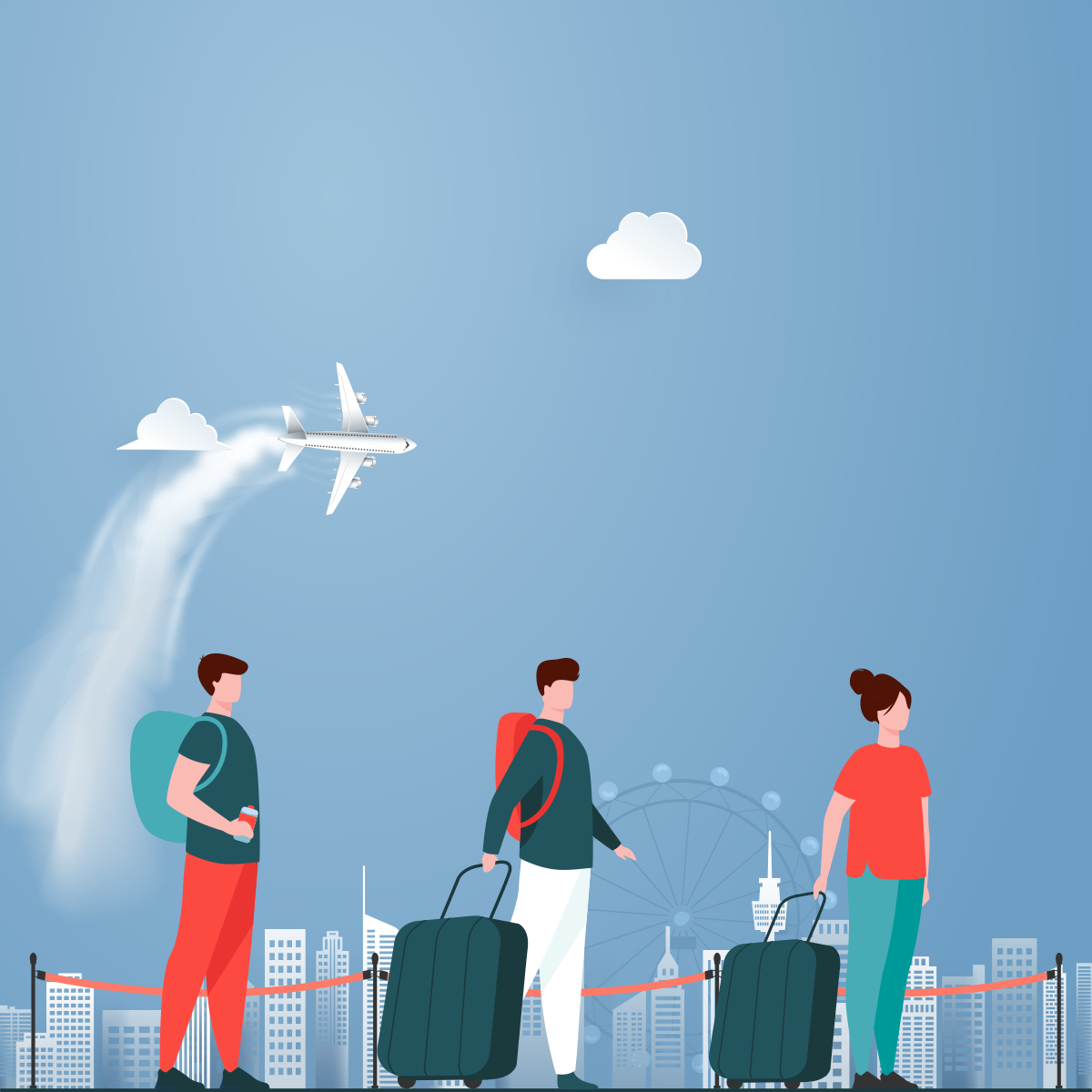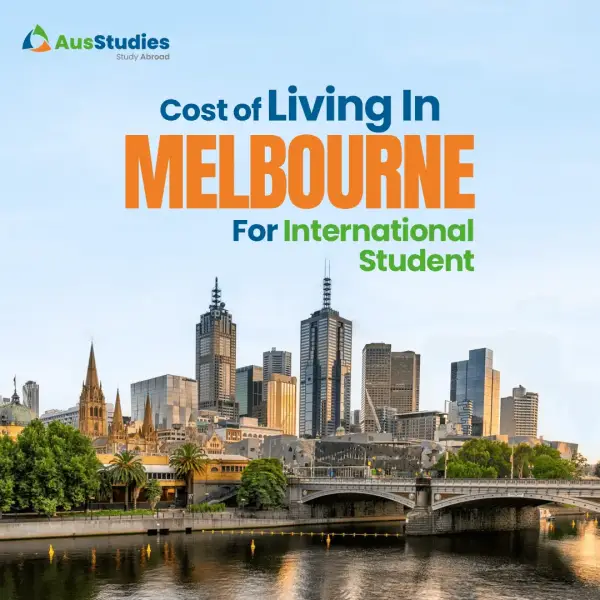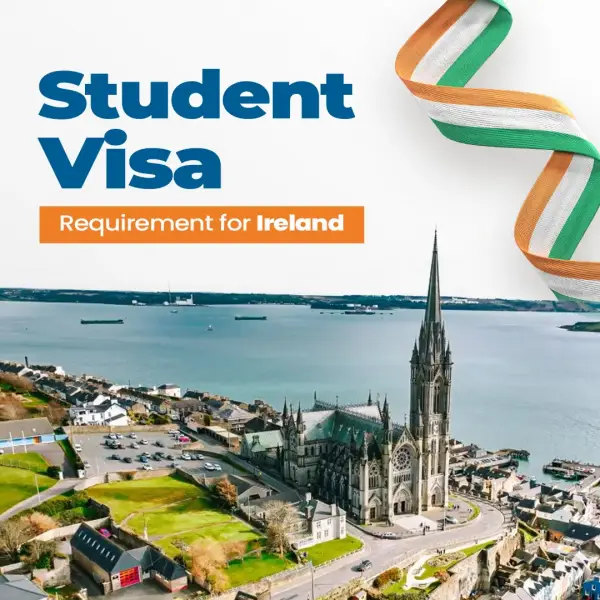Students who are leaving the country for the first time must attend pre-departure training as an important step in studying abroad. After issuing a student visa, post-visa plans should be made, including reserving airline tickets, purchasing any required items while you are abroad, and carrying all necessary immigration paperwork. More on that, before departing the country, make sure to check the following items:
Accommodation:
Make sure you have prepared for a place to live before you reach the new country to relocate to the location from the airport where you will arrive. If you require it, you can also arrange for airport pickup earlier. After you've secured lodging, you may focus on other matters such as starting classes in college or university, opening a bank account, finding new acquaintances, and other necessities for your stay and study comfort.

Emergency Contacts:
Preparing a list of emergency contacts from family, relatives, or friends, as well as contact information for your embassy, hotel, and educational institution before flying to Australia, is recommended. Ensure you have your education agent's contact information on hand if you need to get in touch with them once you have arrived in Sydney.
Visa and Passport:
Before you arrive in Australia, ensure that your passport is valid for at least six months. Also, you must have a valid visa for entering and studying in Australia. You have to carry all of your visa papers including the electronic Confirmation of Enrolment, or eCoE with you before you board your plane.
Essential Documents:
Prepare a folder with your offer letter, Confirmation of Enrolment (CoE), academic transcripts from previous studies, identification documents, important contact numbers, details of pre-arranged housing, and critical medical records, as you may be required to produce original documents at various times.
Immunization proof:
Keep a copy of your COVID-19 vaccination certificate. Currently, the Australian Government recognizes eight (8) immunizations for non-Australian residents living abroad. Covaxin, BBIBP-Corv Sinovac, Covishield (AstraZeneca), and Jannsen are the names of the vaccines. Pfizer, Moderna Spikevax, and AstraZeneca (Vaxzevria) are also used outside of Australia. International students must travel within seven days of getting their COVID-19 vaccination dose. Present a negative COVID-19 PCR test taken within three (3) days of departure (unless a medical exemption applies).
Australia Travel Declaration:
From November 1, 2021, all visitors to Australia (including students) must fill out an Australian Travel Declaration (ATD) at least 72 hours before departure. Your vaccination status is declared on the ATD, considered vital health information.
Currency in Australia:
Although money conversion counters can be found in most Australian airports and cities, it is recommended that you carry some Australian cash when you arrive in Australia. The dollar serves as the fundamental unit of Australian money (AUD). One dollar ($1) is equal to one hundred cents. Notes in the Australian dollar are issued in denominations of $5, $10, $20, $50, and 100 dollars. Coins are printed in the following denominations: 5 cents, 10 cents, 20 cents, 50 cents, $1, and $2.
Student Health Cover:
Your student visa requires you to have and maintain Overseas Student Health Cover (OSHC) for the duration of your stay in Australia. Before you leave home, be sure you have your health insurance in place. If necessary, your agent and the college/university can help you with this.
Medical Check-ups:
It is suggested that you undergo medical, optical, and dental check-ups before leaving your nation for an extended length of time, as well as arrange for any prescription medicine you may require, including a note from your doctor (in English) explaining any prescribed medication.
Part-Time Job:
You can work while studying on a student visa. This can help you earn some additional cash and provide helpful language and cultural experience. While studying in Australia, many overseas students look for part-time or informal jobs. It's also a fantastic method to boost your self-esteem and meet new people. There are two things you must do:
- Ascertain that you have adequate time to balance your school, career, and personal well-being.
- Check your visa status to make sure you can work while you're studying. (During the studies, Australian student visa holders can work up to 40 hours a fortnight.)
Custom and Quarantine:
Due to tight border controls, you must be informed of what you can and cannot bring into Australia. Australia's biosecurity regulations have been toughened, and if you fail to declare biosecurity possessions accurately at the Australian border, you will face penalties. This means that you must give information properly such things when you arrive in Australia.
- Any food, plant matter, or animal products
- Firearms, weapons, and ammo
- A$10,000 (or international equivalent) in currency
- Some medicines
Luggage and handbags:
The total linear dimensions of each check-in bag should not exceed 158 cm. Total weight must not exceed 20 to 25 kg. Again, this varies from flight to flight. You are allowed to carry one handbag. The maximum weight of hand baggage should not exceed a specific limit, usually 5 to 10 kg. If you are travelling with a group of friends, you can share your luggage with someone under the limit. Transportation Security Administration (TSA) locks are a must.
Essentials for cooking:
Learn to cook essentials like dal, rice and vegetables. You can carry a Pressure cooker of 3 to 7 litres, some traditional masala and spices. But many things as such are readily available abroad.
Besides these, consult with your counsellors about any confusion regarding your travel. Have a nice journey ahead.






